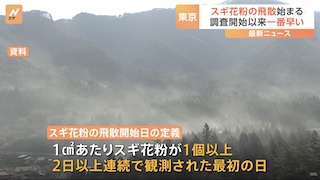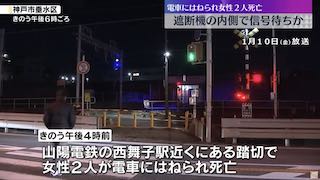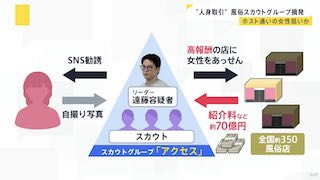Jan 22 (Japan Times) - After months of turmoil over a snap election, opposition realignment and stalled legislative progress, this year’s regular Diet session was scheduled to kick off Monday.
The five-month-long process will see the nation’s lawmakers discuss a slew of important bills in detail for the first time since the end of last year’s ordinary session in June.
A fall session of the legislature, convened in September, lasted just a few minutes after Prime Minister Shinzo Abe hustled to dissolve it by calling a snap election. A monthlong special Diet session convened soon after the October election came no nearer to discussing any bill of political significance, with the opposition bloc focused primarily on dredging up cronyism scandals leveled at Abe.
The session will also play an important role in rebooting long-stalled debate on revising the nation’s postwar Constitution. The speed with which lawmakers discuss its revision over the months ahead will directly affect the odds of Japan’s first national referendum — a prerequisite for any constitutional amendment — taking place this year.
Among the bills likely to be high on the agenda is state-backed legislation that constitutes the centerpiece of Abe’s much-hyped “work-style reform†campaign, which seeks to curb the deeply ingrained culture of overwork while addressing income disparities between full-time and part-time workers.
Other possible highlights include a bill to specify rules on the structure of so-called integrated resorts — including casinos — as well as an amendment to lower the age of adulthood from 20 to 18. A revised bill to better regulate smoking in public areas is also expected to be submitted.
Aside from these bills, a record ¥97.7 trillion budget for fiscal 2018 featuring a rise in military spending amid North Korea’s missile threats will also come under scrutiny.
Source: ANNnewsCH















